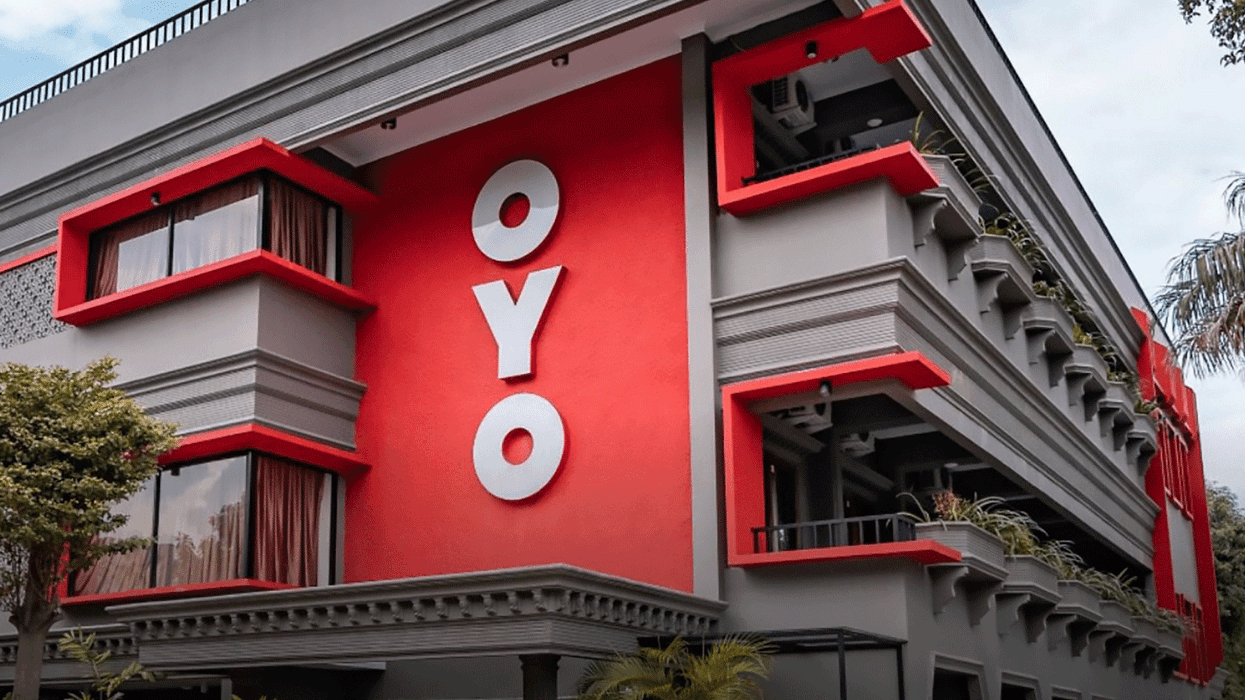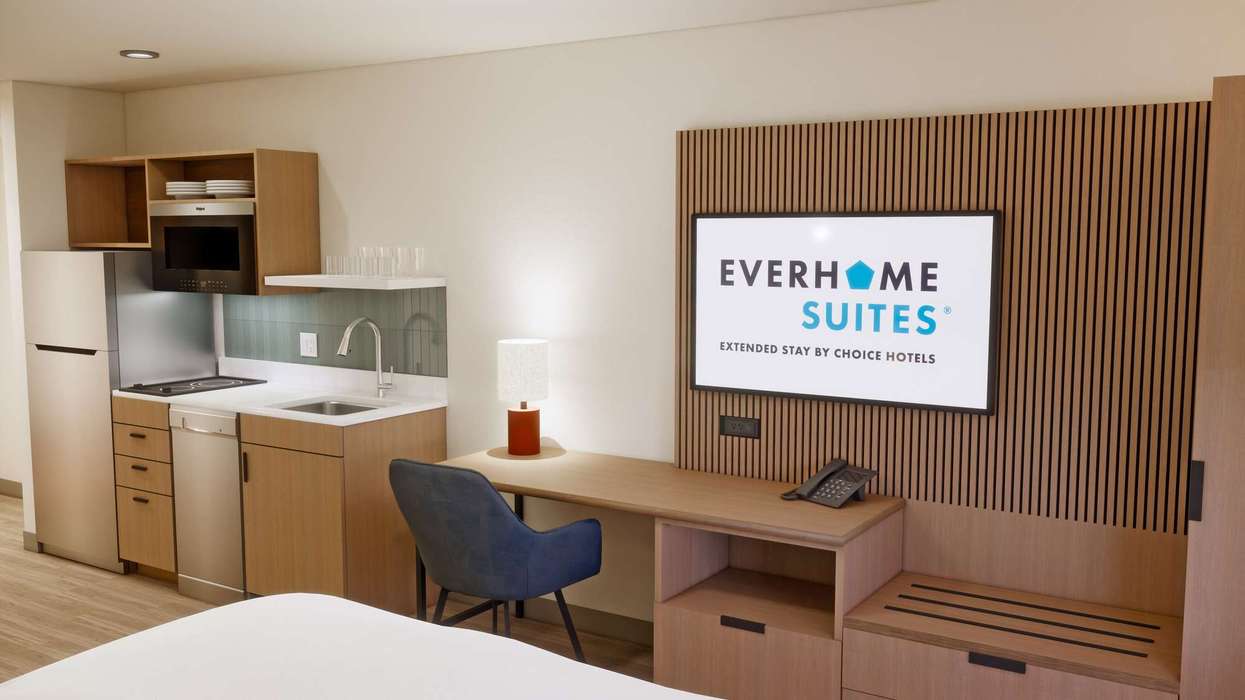AS THE COVID-19 pandemic surges on, the U.S. hotel and travel industries have renewed their call for more federal assistance. In a pair of letters to lawmakers, industry associations are calling for financial aid to improve businesses’ liquidity as well as incentives for the public to travel.
The American Hotel & Lodging Association sent its letter to Congress on Tuesday. It focused on extending the Paycheck Protection Program and relief from commercial mortgage backed securities loans for hotels, among other things.
On July 17, the U.S. Travel Association sent its letter to legislators that also asked for more PPP funding. Additionally, USTA and AHLA asked for tax credits to encourage travel and grants to make travel safer.
The leisure and hospitality sector has lost 4.8 million jobs since February, AHLA said, more than other sectors such as construction and retail. Hotels are still staffed at less than half their pre-pandemic levels, the association said.
“Our industry was among the first impacted by the pandemic and will be one of the last to recover. We are a major economic driver, supporting millions of jobs and generating billions in tax revenue. Getting our economy back on track starts with supporting the hotel industry and tourism in general,” said Chip Rogers, AHLA president and CEO. “We need Congress to continue to prioritize the industries and employees most affected by the crisis, so that help is directed to the businesses that need it most.”
The key points of the two letters are:
PPP extension: While the “Paycheck Protection Flexibility Act” passed in June addressed several concerns USTA, AHLA and other associations had about the PPP program, both groups asked Congress to extend the program until the end of the year. They also want to qualify non-profit and quasi-governmental destination marketing organizations for PPP loans and increases in the amount of the loans.
A CMBS market relief fund: AHLA wants the fund to feature a specific focus on the hotel industry, as part of the Federal Reserve’s lending options. A group of 100 members of Congress wrote their own letter to Treasury Secretary Steve Mnuchin and Federal Reserve Chairman Jerome Powell in early July asking for CMBS relief for businesses.
Structural changes to the Main Street Lending Facility: Established under the Coronavirus Aid, Relief, & Economic Security Act, the Main Street program includes three facilities for new loans, priority loans and expansion on existing loans aimed at small and medium-sized businesses with 15,000 employees or fewer and 2019 revenues of $5 billion or less. AHLA wants Congress to ensure hotel companies can access the program.
Liability protection: The associations want the government to provide a limited safe harbor from exposure liability for hotels that reopen and follow proper public health guidance.
Funding for safety: USTA is requesting up to $10 billion in federal grants to promote safe and healthy travel practices necessary for the resumption of travel.
Tax benefits: Both associations want enhancements for the Employee Retention Credit as well as tax credits for capital expenditures or expenses to meet the industry’s Safe Stay initiative.
Travel incentives: USTA and AHLA want temporary tax credits to encourage Americans to travel when its safe, to restore activity in the business meetings and events sector, including conventions and trade shows. They also want the government to increase the deductibility of business and entertainment expenses.
“You name it, this industry and its workers need it,” said Roger Dow, USTA president and CEO. “Travel businesses could not possibly have prepared for this level of catastrophe, and there’s no telling how many of the eight million jobs we’ve lost so far will remain gone for good without aggressive federal intervention to keep the industry on life support.”





